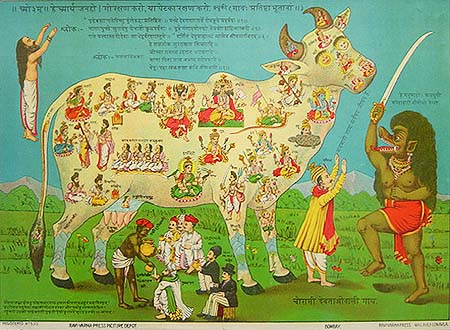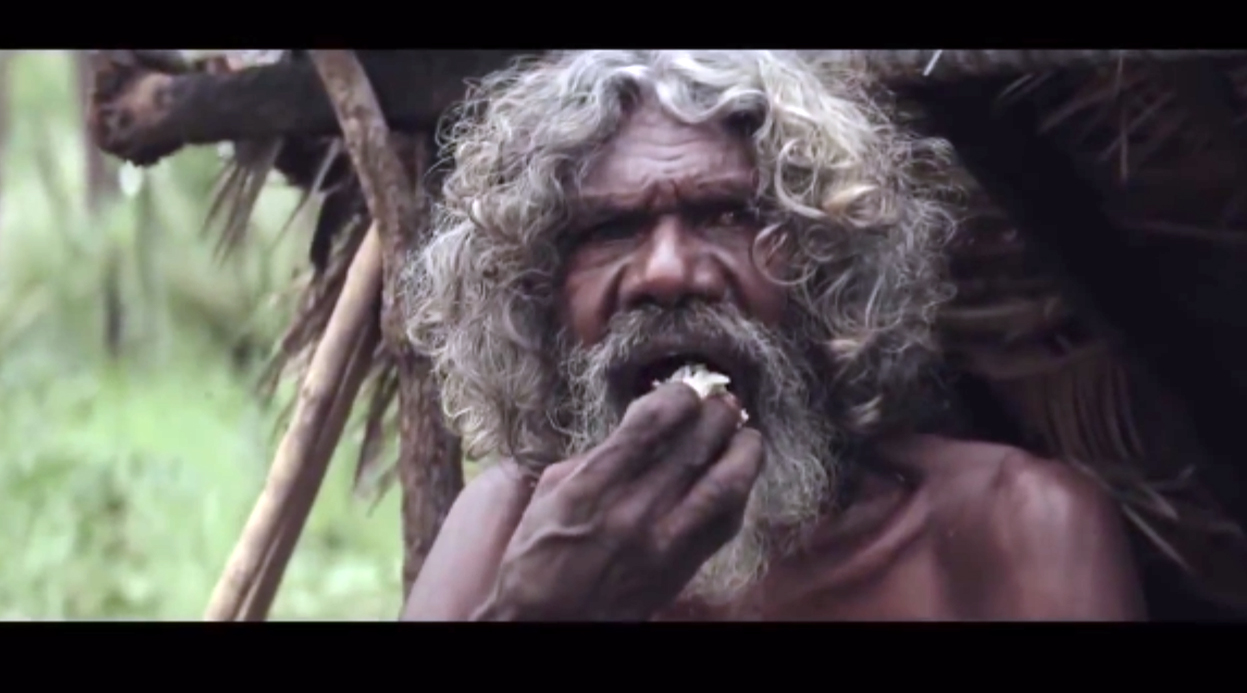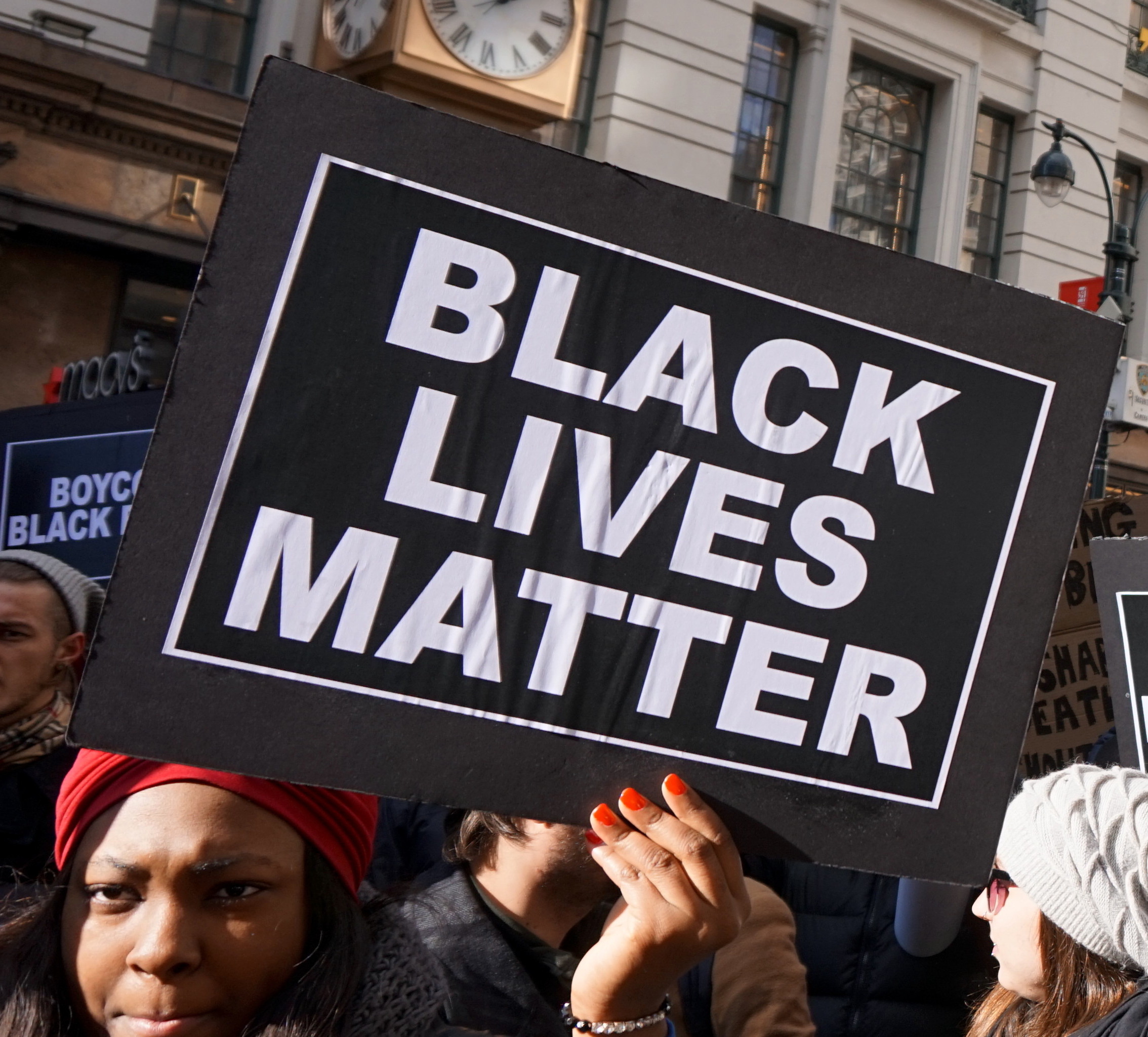Vegetarianism Between Europe and India: An Entangled History

In May 1891, the London Vegetarian Society held a meeting in Portsmouth. Present were not just English, but also two Indian members, T.T. Majumdar and Mohandas Karamchand Gandhi, both students of law in London. For Gandhi, later one of the leading figures in the Indian independence movement, membership in the London Vegetarian Society was a formative experience. It allowed him to discover vegetarianism as an ethically motivated choice and integrate it into a philosophy of non-violence. The encounter was not a singular instance. It was part of a larger entanglement between European vegetarianism and India. In order to buttress what was then a fringe lifestyle, vegetarians in Europe made frequent reference to meat abstention in other parts of the…


